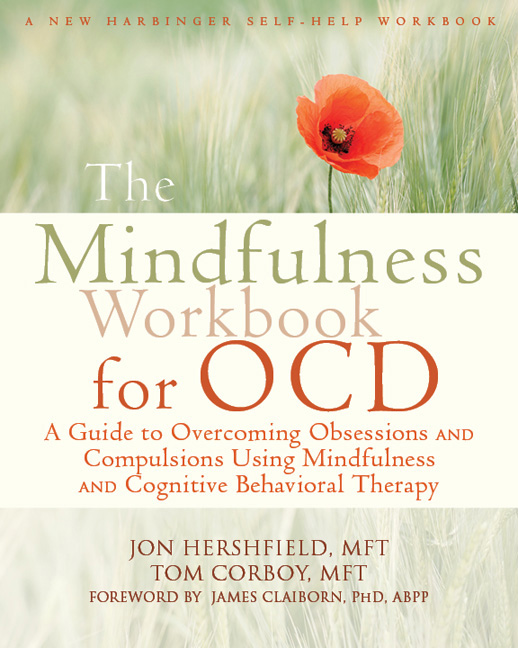Checking locks, appliances, and other items can be a debilitating and time-consuming symptom of obsessive-compulsive disorder (OCD). Helping clients with OCD tackle checking compulsions often requires more nuance than simply telling them to stop. Here are some tips to collaborate with clients who are ready to stand up to their OCD:
Explore the consequences your client imagines might take place in the absence of checking and construct exposures to those consequences. Consider that perceived consequences may include an external fear (e.g., the house may burn down because a light was left on), a social fear (e.g., people will think I am a fool for not having checked), and/or an internal fear (e.g., I won’t be able to relax until I know for certain I have checked). The use of imaginal scripting (writing narratives about negative consequences coming true) can be instrumental here.
Remove or disrupt additional rituals from the client’s strategy that support checking. Examples may include counting compulsions, taking pictures of items, seeking reassurance that things have been checked, or avoiding household responsibilities where checking might be an issue.
Remind your client to expect checking urges to go up when checking is first resisted, and have your client interact with those urges mindfully. For example, in the case of lock checking, have the client shut the door and lock it one time, then walk away. Then, rather than have them try not to think about it, have them mindfully monitor themselves for the urge to go back. The moment the urge arises, have them say to themselves, “Right on schedule.” And continue walking.
Inquire whether family members are accommodating checking compulsions, and if so, how. With your client’s permission, enlist family members to help disrupt checking behaviors. Or, if the accommodation is simply waiting for their loved one to finish checking, have the client and family member form a contract declaring how long the family member will wait before moving on without them (this can be gradually reduced).
Disrupting checking rituals can be challenging, but cognitive behavioral strategies can be effective in helping our clients gain independence from their OCD.
 Jon Hershfield, MFT, is a psychotherapist who specializes in mindfulness-based cognitive behavioral therapy (MBCBT) for obsessive-compulsive disorder (OCD) and related disorders, and is licensed in the states of Maryland and California. He is director of The OCD and Anxiety Center of Greater Baltimore in Hunt Valley, MD, author of When a Family Member Has OCD, and coauthor of The Mindfulness Workbook for OCD.
Jon Hershfield, MFT, is a psychotherapist who specializes in mindfulness-based cognitive behavioral therapy (MBCBT) for obsessive-compulsive disorder (OCD) and related disorders, and is licensed in the states of Maryland and California. He is director of The OCD and Anxiety Center of Greater Baltimore in Hunt Valley, MD, author of When a Family Member Has OCD, and coauthor of The Mindfulness Workbook for OCD.


 Why Journaling Is Especially Helpful to Adult Children of Emotionally Immature Parents
Why Journaling Is Especially Helpful to Adult Children of Emotionally Immature Parents